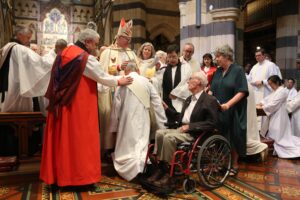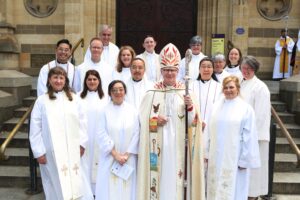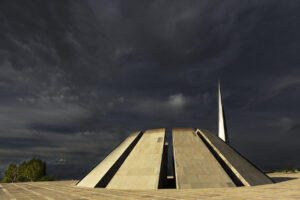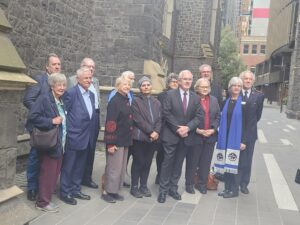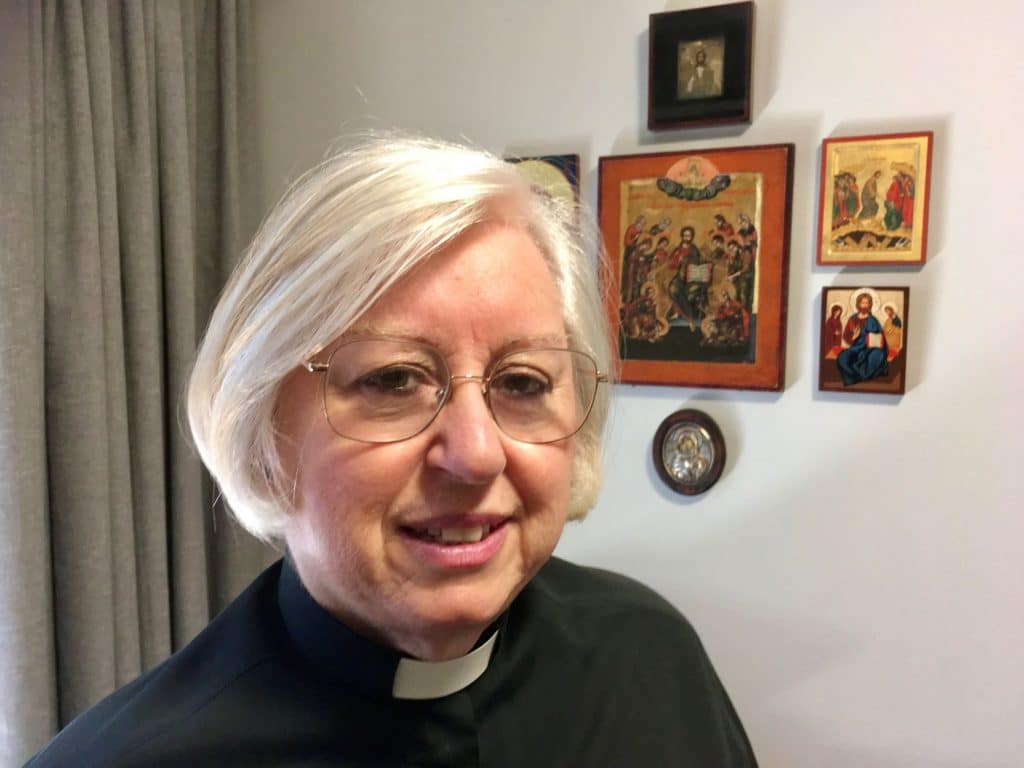
Jenan Taylor
18 August 2022
Some Anglicans are still unaware that in parts of Australia women are barred from becoming priests, leaders say.
It comes as representatives preparing for the Movement for the Ordination of Women’s 30th anniversary celebration conference say women face structural hurdles.
The conference to be held in Sydney in September will aim to interrogate the barriers to women’s participation in leadership of the Anglican church.
Speaker General Synod general secretary Anne Hywood said many younger Anglican women wouldn’t know that there were differences in how their Church was structured in some places.
Priesthood for women is not recognised in the Sydney, Murray, Armidale and North West Australia dioceses.
Ms Hywood said there may be women who were involved with the church in Sydney who might be accepting of their diocese’s position on the matter.
But she said there may be young women in Melbourne, Adelaide and Perth who were so used to female clergy that they didn’t know that ordination to priesthood was disallowed for women in other settings.
Speaker the Reverend Canon Dr Colleen O’Reilly said in the parts of the Church where women were ordained it was barely discussed because it was not an issue for them.
Dr O’Reilly said she had come across young, newly ordained women who were unaware that it had once been impossible for them to attain priesthood or that the struggle for change had been long and that bitter debates had ensued.
But Dr O’Reilly said she suspected people did not realise how hard line the opposition to women remained in some places.
The emergence of GAFCON’s separate diocese as a response to the same sex marriage issue, was indicative of the kind of rigid stance that was still taken against women, she said.
Read more: GAFCON announces first bishop for new diocese, says strategy is primarily to encourage unity
Dr O’Reilly said she wanted to uncover and name some of the dynamics that women faced so that they could be handled better.
She said the complexities of balancing family and clergy responsibilities, succession planning particularly for women bishops, and how they were prepared for the role, were among the barriers.
The biggest hurdle was unconscious bias, Dr O’ Reilly said.
She said women were well accepted, but that it was still normal in the Church to default positions to men.
Although women were increasingly taking up leadership roles in all areas of broader community, the church remained conservative.
“There are people in the Church who actively believe it is wrong for women to be in charge, to lead parishes, or to be a bishop,” Dr O’Reilly said.
Ms Hywood said she would reflect on the efforts that the Church’s governance had been making towards better gender representation.
She said the targets of the General Synod’s bodies of 40-40-20 rather than 50-50 in their composition showed the proactive approach at the governance rung and its commitment to gender equality.
Lay women were running the show at parish level and were now beginning to climb in leadership, but it was in contrast to what was happening for women in clergy in some dioceses, she said.
Ms Hywood said she recognised and accepted that the Church was structured so that the diocese was the organisational unit and that it made its own decisions around theological issues.
“In working within the senior governance of the Church, where we’re adopting equal gender representation, it’s a contrast. I can sometimes forget that the fight is not yet won,” Ms Hywood said.
For more faith news, follow The Melbourne Anglican on Facebook, Twitter, or subscribe to our weekly emails.

